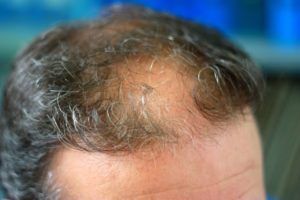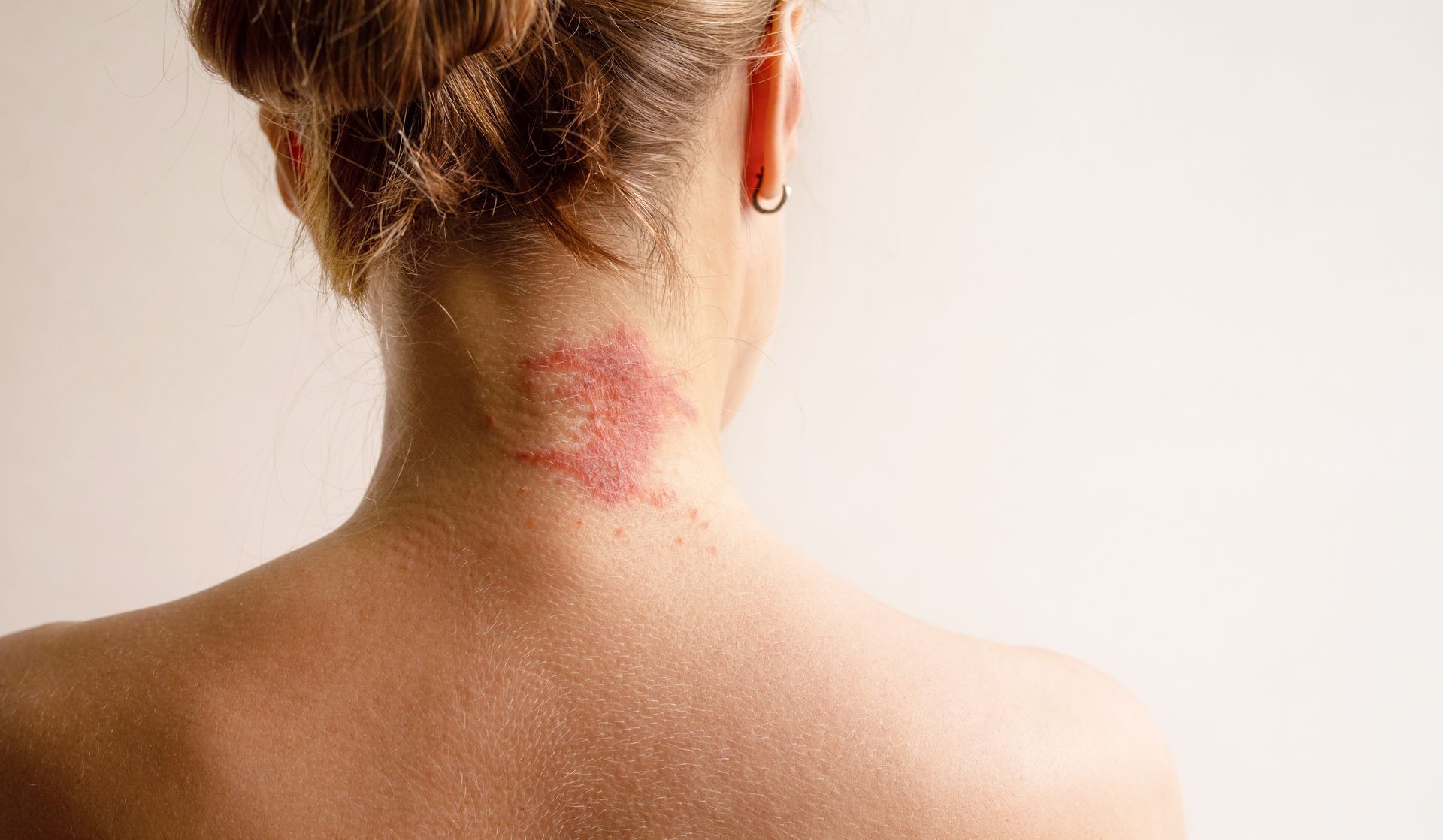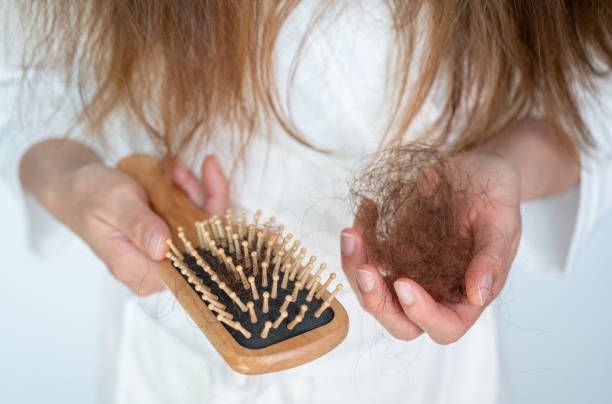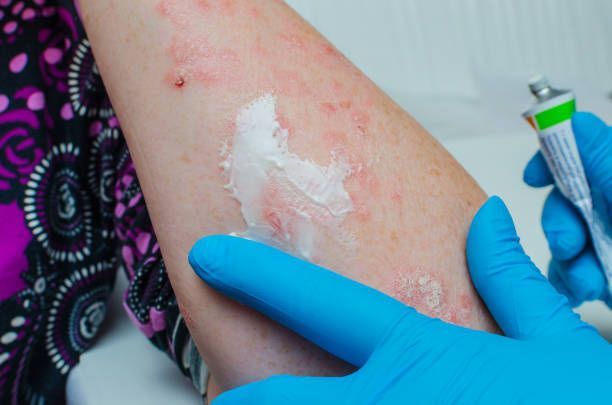Protect Your Skin: 7 Signs of Hormone-Related Skin Problems
Hormones have a significant impact on your skin’s health and appearance. Fluctuations in hormone levels can disrupt the delicate balance of your skin. This can lead to various skin concerns. Understanding how hormone imbalance affects your skin can help you maintain healthy skin. Here are seven common ways in which hormone imbalance can affect your skin:
Hyperpigmentation
Hormonal changes can cause your body to produce more melanin than it needs. Melanin is responsible for determining the color of your skin. When your hormones are in balance, your skin will have an even tone. When your body produces too much melanin, you can get dark patches, especially on your face. This is called melasma, which is a form of hyperpigmentation. Hormonal changes associated with pregnancy and birth control pills can trigger melasma.
Premature Aging
Skin changes are a natural part of the aging process. But, some conditions can make you see the signs of aging much sooner than expected. Hormone imbalances can speed up your skin’s natural aging process. Premature aging can include wrinkles, fine lines, and sagging skin. Decreased estrogen levels cause the body to produce less collagen and elastin. These are two proteins your body needs to maintain your skin’s firmness and elasticity.
Acne Flare-ups
Acne is a common skin condition that affects about 50 million Americans each year. Acne is usually present during puberty, but it can affect people of all ages. Hormonal imbalances can increase the production of androgen hormones like testosterone. The increased androgen hormones cause the sebaceous glands to go into excess oil production. Excess oil production clogs the pores in your skin, leading to hormone-related acne flare-ups.
Inflammation
Dermatitis is a skin condition that can cause rashes, red patches, and blisters to develop. This condition can cause discomfort and irritation. Hormonal imbalances can increase the occurrence of skin-related inflammation. That’s especially true where dermatitis is concerned. One way to avoid inflammatory flare-ups is to get your hormones in balance.
Dehydration
Healthy skin relies on proper hydration. Unfortunately, hormonal imbalances can interfere with your skin’s moisture barrier. This loss can lead to dryness and dehydration. Estrogen production plays a vital role in keeping your skin hydrated. When estrogen levels decrease, your skin can become dry and flaky.
Low estrogen levels can also make your skin more prone to irritation. Drinking more water can help improve hydration. If you suffer from hormone-related dehydration, dermatology-based skincare treatment is your best option.
Sensitivity
Hormones can fluctuate a lot during the normal menstrual cycle, especially where estrogen levels are concerned. When your body produces less estrogen during your menstrual cycle, your skin may become more sensitive. That means your skin may experience itching, stinging, or burning sensations.
Studies show that about 42% of the people who have menstrual cycles experience increased skin sensitivity before or after their period. If skin sensitivity gets worse during your menstrual cycle, visit a dermatologist. Balancing your hormones can help alleviate your skin sensitivity.
Redness
Stress can wreak havoc on your body, including your skin. When you experience a stressful situation, your body increases its production of cortisol. Cortisol is your body’s natural stress hormone. Unfortunately, too much cortisol can damage your hair and skin.
Too much cortisol increases the blood flow throughout your body. The increased blood flow can cause your face to look red and flushed. It can also increase the occurrence of rosacea and skin thinning. If stress is affecting your skin, talk to a dermatologist right away.
Protect your skin. If you’re seeing any of the signs listed above, call East Carolina Dermatology and Skin Surgery, PLLC, today. Our dermatologists can help get your hormone-related skin problems under control.










